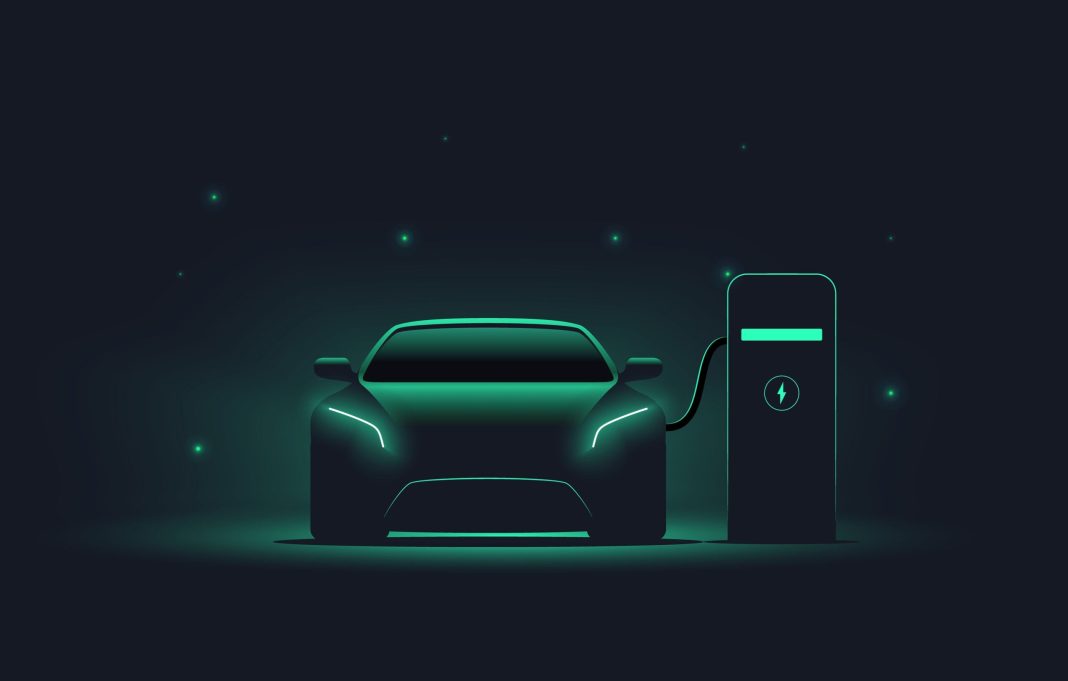
Sales of electric vehicles (EVs) in the United States have been declining over the past year, and expectations for future sales are also falling. Auto dealers are viewing the market as weak due to concerns about declining profitability, the political climate, rising costs, and economic uncertainty, according to automotive services provider Cox Automotive.
The Q3 2024 Cox Automotive Dealer Sentiment Index revealed a drop in the overall score from 42 to 40 points, indicating a weakened market sentiment. Independent dealers were particularly pessimistic, with their sentiment hitting the second-lowest score in the survey’s history. They held a negative outlook on almost every aspect of the auto market.
Jonathan Smoke, Chief Economist at Cox Automotive, stated that U.S. automobile dealers have viewed the overall market as weak for over two years. He attributed this sentiment to uncertainty surrounding the upcoming national election and expectations of shifting market dynamics.
Dealers expressed concerns about increasing costs, predicting a negative impact on profitability. Independent dealers, in particular, reported their lowest profitability index since the COVID-19 pandemic. The profitability index has been declining for three consecutive years, especially for independent dealers.
The market outlook for the next three months has also declined, indicating that most auto dealers expect a weakening in sales during this period. The market outlook index for franchise dealers fell below 50 for the third time since 2018.
Political unrest and concerns about the economy have risen among dealers in the third quarter, with interest rates remaining a major issue. A significant number of dealers, 44%, cited the political climate as a key reason holding back their businesses, the highest level since the metric was introduced in 2019.
Thomas King, President of the data and analytics division at J.D. Power, highlighted that the profit per unit of car sales for auto retailers was estimated to be $2,249 in August, a 33% decline from the previous year. Rising inventory and fewer vehicles selling above the manufacturer’s suggested retail price (MSRP) were the primary factors contributing to the profit decline.
Retailers have been offering larger discounts, combined with higher manufacturer incentives and increased availability of lower-priced vehicles. This has resulted in a decrease in the average retail transaction prices for new vehicles.
In addition to the overall decline in sales, EV sales have also worsened. Cox Automotive reported that the majority of auto dealers have seen a drop in EV sales compared to a year ago, despite a slight improvement in third-quarter sales. Expectations for future EV sales have also declined.
Goldman Sachs Research Analyst Kota Yuzawa warned in May that global EV sales were looking more bearish. He identified three key factors that could hinder further EV penetration: concerns about EV capital costs due to lower prices for used EVs, uncertainty surrounding government policies affecting the EV industry, and a shortage of rapid-charging stations.
A recent survey by McKinsey found that 46% of EV owners in the United States are likely to return to using gas-powered vehicles. Globally, 29% of EV owners across 15 nations held the same view. The lack of public charging infrastructure and the total costs of EV ownership were cited as the top reasons for shifting away from EVs.
These findings highlight the challenges facing the EV market, including concerns about profitability, political uncertainty, rising costs, and a lack of charging infrastructure. Addressing these issues will be crucial for the future growth of the EV industry.


